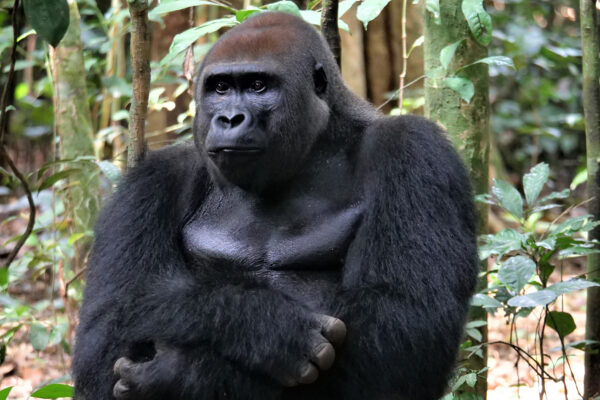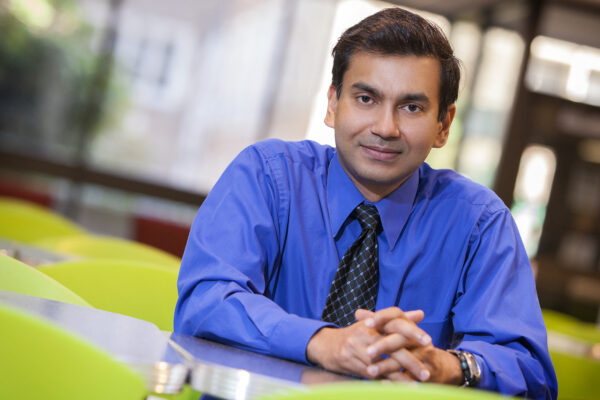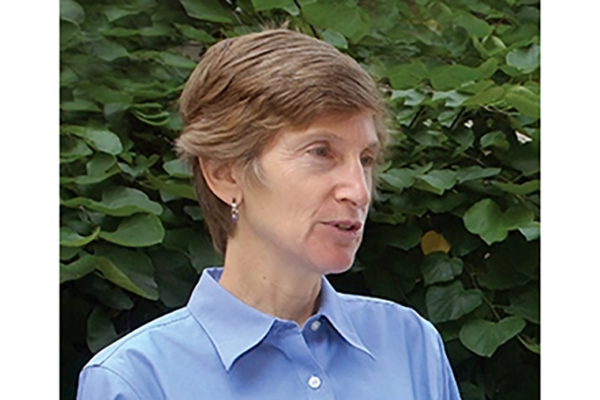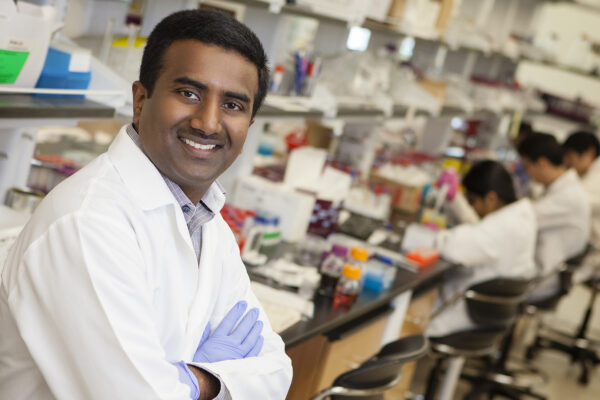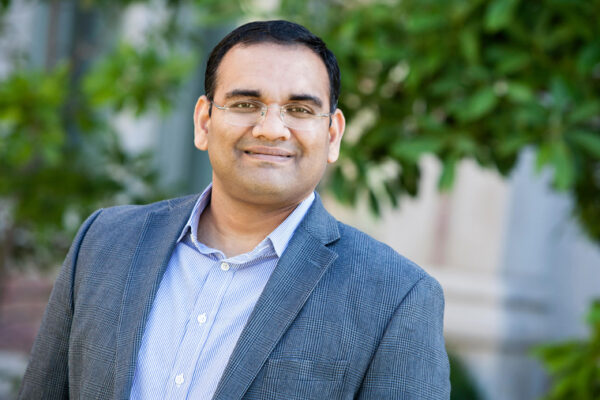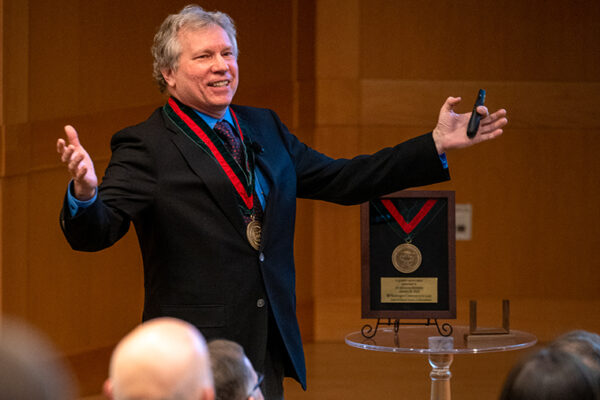How your mind plays tricks on you
In the seminar “Cognitive Illusions,” students in psychological and brain sciences examine the causes and consequences of errors in thinking.
Study quantifies global impact of electricity in dust storms on Mars
Using a planetary simulation chamber built at Washington University, scientists led by Alian Wang in Arts & Sciences discovered that electricity in dust storms could be the major driving force of the Martian chlorine cycle.
Carbon-negative concrete products to be formed from upcycled waste
With collaborators from Missouri University of Science & Technology and GTI Energy, Xinhua Liang at the McKelvey School of Engineering plans to develop an economical process to convert carbon dioxide and solid waste into carbon-negative concrete products.
WashU great ape, biodiversity research informs decision to expand Congolese park
At least 20 Washington University students participated in a Living Earth Collaborative project and a related camera trap effort to provide evidence that the Djéké Triangle deserves legal protection.
Three computer science faculty win AI research awards
Chien-Ju Ho, Yevgeniy Vorobeychik and William Yeoh, all from the Department of Computer Science & Engineering at the McKelvey School of Engineering, have received research awards from J.P. Morgan Chase to support their work in artificial intelligence.
Quantum tunneling to boost memory consolidation in AI
A team of researchers at the McKelvey School of Engineering has developed an energy-efficient way to consolidate long-term memories on a tiny chip. Shantanu Chakrabartty and members of his lab developed a device that mimics the dynamics of the brain’s synapses.
Lipeles receives lifetime achievement award
Maxine Lipeles, a professor emerita of law and former director of the School of Law’s Interdisciplinary Environmental Clinic, will receive the Lifetime Achievement and Career Award at the 2023 Albert P. and Blanche Y. Greensfelder Forum on Feb. 11.
New diagnostic test is 1,000 times more sensitive than conventional tests
Thinking beyond COVID-19, a team led by Srikanth Singamaneni at the McKelvey School of Engineering developed a new point-of-care diagnostic test that is 1,000 times more sensitive than conventional rapid tests and can quantify concentrations of proteins.
Powering unmanned underwater vehicles
With a three-year $630,000 grant from the Office of Naval Research, researchers in the laboratory of Vijay Ramani at the McKelvey School of Engineering will develop, scale and test highly efficient unitized regenerative fuel cells to be used by the U.S. Navy.
Turner named inaugural James McKelvey Professor of Engineering Education
Jay Turner, an internationally renowned environmental researcher, has been named the inaugural James McKelvey Professor of Engineering Education in the McKelvey School of Engineering.
Older Stories



